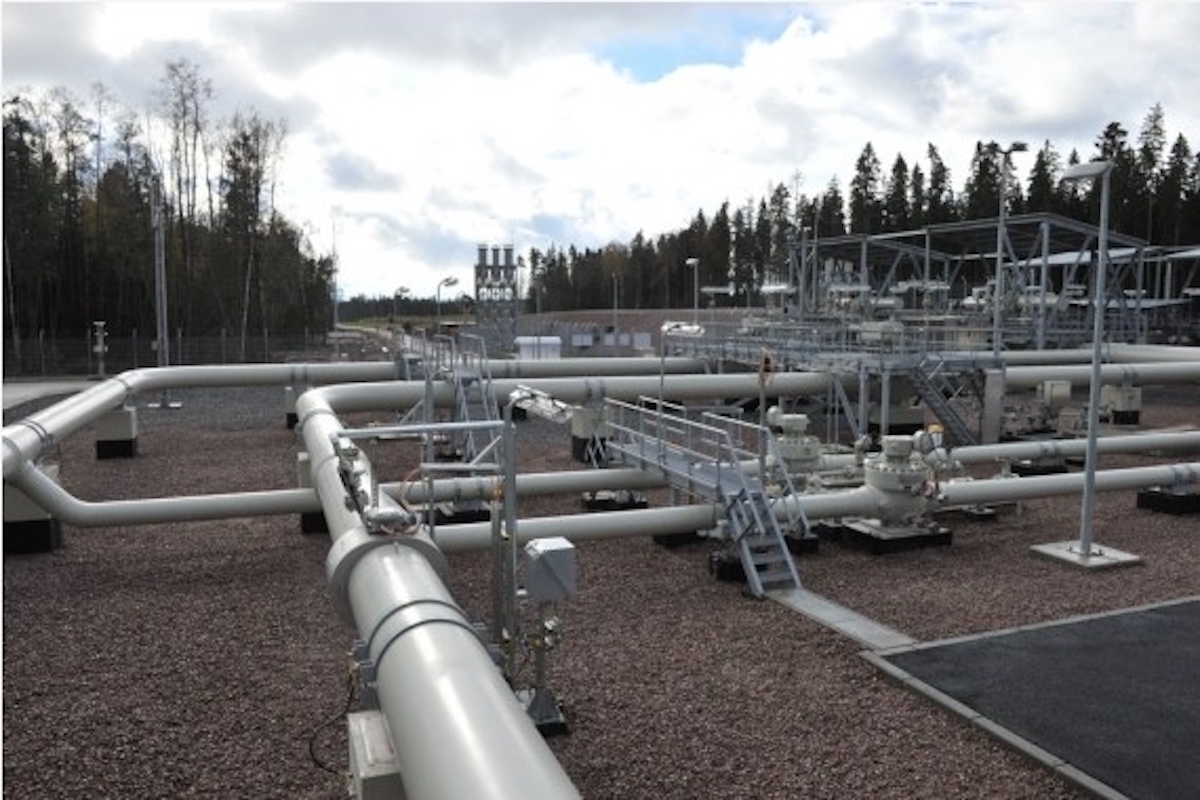Ptolemaic-era temple uncovered in Egypt
The inclination angle of the towers indicates the original height of the temple could be 18 metres, which is similar to the Luxor Temple
In response to disrupted gas supplies from Russia, the German government has rapidly constructed terminals for liquefied natural gas (LNG) and introduced energy-saving measures.

Germany reaches gas storage target for winter ahead of schedule
Germany has reached its target of filling the country’s gas storage facilities to 95 per cent more than two weeks ahead of schedule, the Federal Network Agency (BNetzA) said.
However, this is “not enough,” a spokesperson for BNetzA told Xinhua news agency on Friday.
In response to disrupted gas supplies from Russia, the German government has rapidly constructed terminals for liquefied natural gas (LNG) and introduced energy-saving measures.
Advertisement
To avoid a gas emergency in winter, plans to import gas had to be quickly realized, and supplies in Germany’s neighbouring countries must “remain stable”, the network agency spokesperson said, adding that German must also reduce their gas consumption by “at least 20 per cent”.
“Gas is a scarce resource and it is important to use it carefully,” Minister for Economic Affairs Robert Habeck said on Thursday.
“Thanks to good precautions, gas storage facilities are well stocked, and gas supplies from neighbouring countries have been increased.”
France has just begun supplying Germany with up to 100 gigawatt-hours of gas per day, according to BNetzA.
Europe’s largest economy relies heavily on gas supplies from other countries.
Last year, 95 per cent of natural gas consumed in Germany was imported, according to the Federal Statistical Office (Destatis).
No gas has been flowing from Russia to Germany via the important Nord Stream 1 pipeline since September.
Gas prices in Europe are currently twice as high as before the start of the Russia-Ukraine war.
European Title Transfer Facility gas futures were trading at around 153 euros per megawatt hour on Friday.
Advertisement